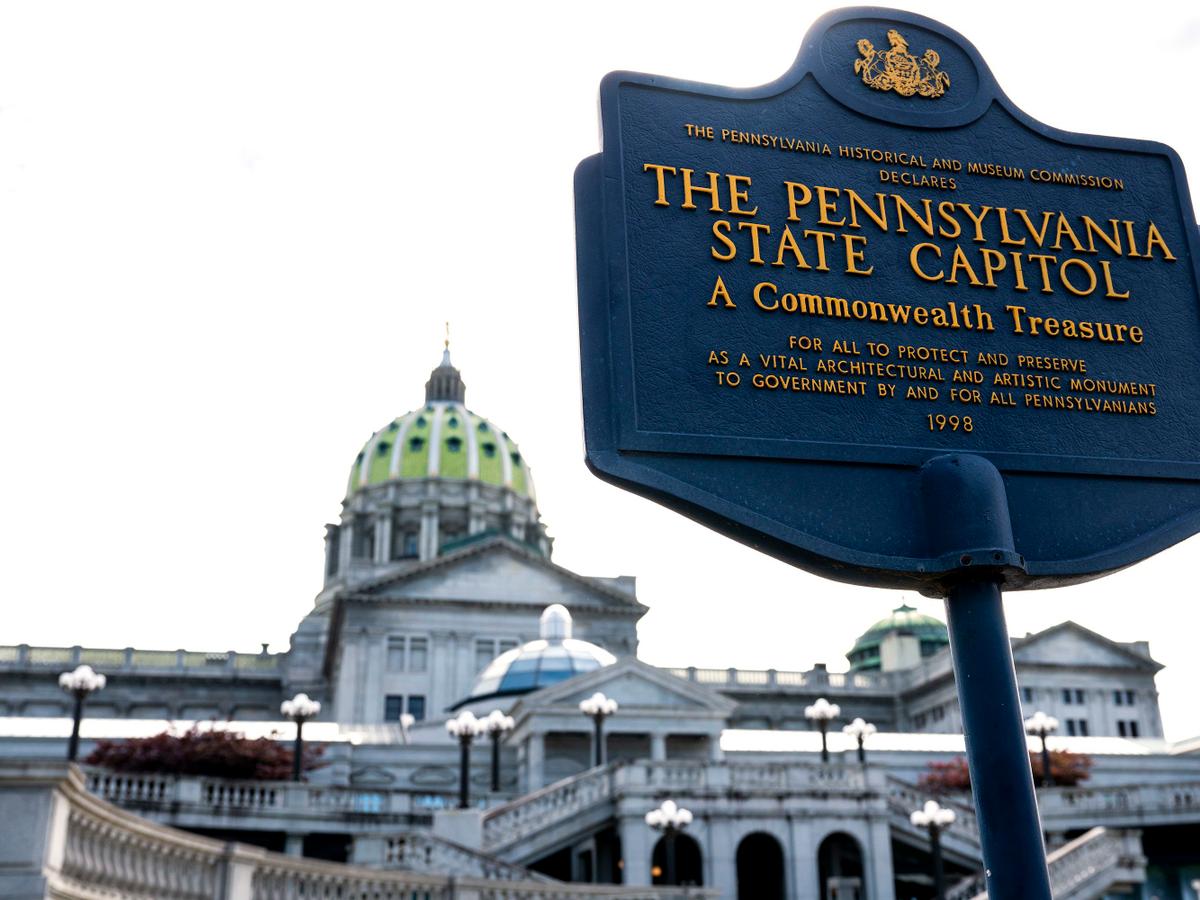PA Campaign Funds Lax, Lobbying Law Remains Spotlight PA

This story first appeared in The Investigator, Spotlight PA’s weekly newsletter featuring the best investigative and accountable journalism from across Pennsylvania. Sign up for free here.
HARRISBURG — When lawmakers gathered in Harrisburg this week for another budget hearing, both legislative houses took the opportunity to question senior Pennsylvania State Department officials.
The ministry is best known for overseeing elections. But it also plays an important role in areas Congress has long ignored. That is the role of money and lobbying in politics and policy-making.
Both are large and time-consuming tasks for a department with a proposed budget of $35.2 million. The Annual Budget Hearing was a forum for legislators to put government officials in place on what they believed were the most pressing and important issues of the day.
But in the five hours that legislators questioned State Department officials, they asked only twice about the agency’s work on campaign finance and lobbying.
For those familiar with the Capitol, it came as little surprise.
Republican legislative leaders have not substantially discussed lobbying for improved campaign finance and disclosure rules in Pennsylvania for more than a decade.
As part of its work, the State Department publishes campaign finance reports for political committees registered in Pennsylvania, as well as statewide, legislative and select judicial candidates. We also track lobbyist registration forms and post on our website what lobbyists report spending to influence policy on a quarterly basis. The agency also has some powers to enforce these disclosures, but advocates believe they are too restrictive.
When it comes to money in politics, Pennsylvania has some of the laxest laws in the country. There is no cap on how much people can donate to politicians and their political committees. For the 2022 election, his five-figure and even six-figure donations regularly funneled into Democrat Josh Shapiro’s campaign coffers, contributing to the contest’s success. The state’s most expensive gubernatorial election on record.
Nor does state law expressly prohibit the personal use of campaign funds. Use promotional cash to pay for fancy dinners, travel, sports tickets and other perks.
Senate Minority Leader Jay Costa (D, Allegheny) has set financial limits on campaign contributions, barring candidates from using donations for personal gain, and allowing candidates to I have repeatedly introduced legislation demanding more transparency about how I spend my money.
He has introduced it in every parliament for the past 12 years. And at each of these meetings, bills were referred to committees, but never to a vote by the Republican chairman.
why inaction?
“I think the General Assembly would prefer the status quo,” Costa said in an interview this week.
“But people must realize that there are individuals with enormous wealth who are working to bring about major policy changes in this area. To build coalitions of people who support their cause. “We literally have millions of dollars invested in racing,” Costa said. “Normal people can’t participate in the same way”
The state’s current Lobbying Disclosure Act improves on what existed before Congress rewrote it in 2006. However, it lags behind laws in other states.
Lobbyists here must disclose their clients and the amount of money they spend lobbying, but they are not required to reveal to whom they are spending money or for what purpose. If lobbyists invite lawmakers to dinner on the eve of a major poll, the public will never know.
Several lobbying firms in Pennsylvania are moonlighting as political consultants, effectively allowing them to elect officials who can lobby on behalf of their clients.
Last legislative session, the top two Republican lawmakers in the General Assembly backed the toughest reform bill since the lobbying act was enacted. One proposal, among other changes, would ban the practice of lobbying firms operating political consulting sectors.
Despite high-profile support, the proposal did not receive a floor vote.
Jason Gottesman, spokesperson for the Pennsylvania House of Representatives Republican Party, said his caucuses intend to re-propose proposals to strengthen lobbying laws, among other government accountability efforts.
It’s not very clear if the results are different.
Beth Rementor, the spokesperson for the first Democrats to control the state House of Representatives in over a decade, said reforming campaign finance and lobbying is a “priority.” She said she views the caucuses as part of an effort to “defend democracy and ensure the continuity of free and fair elections in Pennsylvania.”
“As long as it doesn’t make it harder for Pennsylvanians to vote, makes it easier for special interest groups to influence elections, or makes it less transparent, a majority of bills that make aggressive reforms will be backed by Democrats or Republicans. We will seriously consider the bill to do so,” Lementor said.
while you are here… If you learned anything from this story, pay upfront and become a member Spotlight PA someone else in the future spotlightpa.org/donateThe spotlight PA is foundation and readers like you Those who are committed to accountability journalism for results.
https://www.spotlightpa.org/news/2023/03/pa-campaign-finance-lobbying-legislature-reform-lags/ PA Campaign Funds Lax, Lobbying Law Remains Spotlight PA



